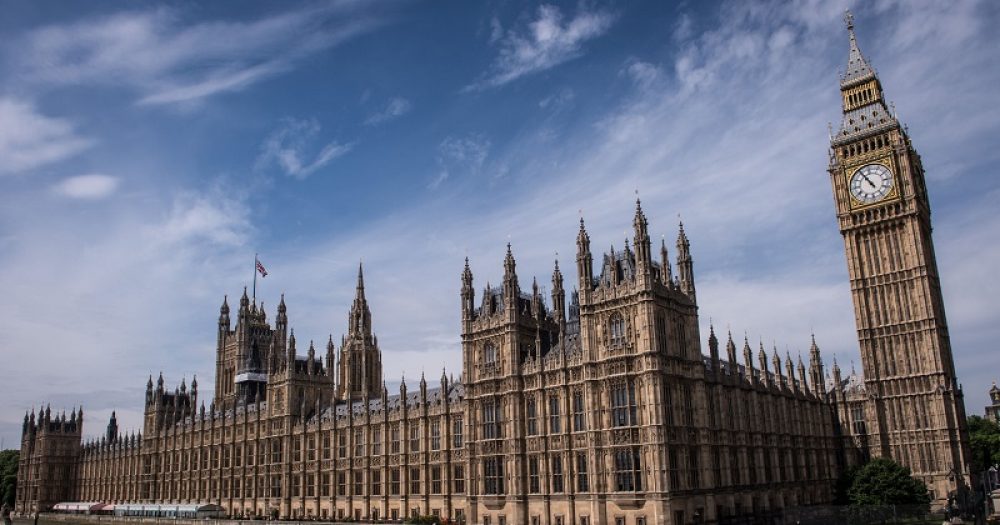Congratulations! Not only did you get appointed onto the best of the select committees (I may be biased) but you’ve already been blessed with unsolicited advice on how to conduct your business. May I please take this opportunity to add my tuppenceworth?
The education select committee is privileged to have access to the best and most balanced range of experience and expertise within the education sector, and sometimes from beyond it too. As Matthew Syed writes in Rebel Ideas, it is often wise to gather a range of perspectives from both within and outside of your field to avoid blind spots. So I hope that, as well as bringing your own diverse experiences and areas of expertise to bear, you continue receive and read many letters like this.
After all, your role in holding those in power to account is vital in a functioning democracy. But you are already encountering the diverse opinions, contradictory evidence and passion of those who care about our young people’s education, and it will be difficult to find a secure position within these disagreements. To discern the wheat from the chaff, your best tool may be your ability to detect irony.
First and foremost, there is the irony of people who ask you not to put too much trust in those with vested interests, and do it from positions inside powerful lobby groups with an alarming lack of transparency about their funding, like Policy Exchange or Parents and Teachers for Excellence.
Second, there is the irony of such high priests and gatekeepers declaiming their success in dethroning the previous high priests and gatekeepers (formerly known as experts). In truth, if elites were ever given privileged access to select committees, and people on the ground shut out from them, I am proud that this hasn’t been the case in education for a long time. I’ve been watching.
Parents and teachers are excellent and worth listening to
Callum Wetherill, a special needs teacher from Yorkshire spoke powerfully to the committee in January last year. Headteachers, Alison Peacock, Vic Goddard and Dave Whitaker appeared in 2014, 2016 and 2018 respectively. And many other heads, governors and teachers have presented evidence to the committee over a number of years, alongside researchers, psychologists and others with genuine professional experience and insights to bring to the table. Even the occasional union representative. And a robot.
Thirdly, there is the irony of urging others to read widely while promoting books from a tight cabal of like-minded people. Whatever educational issue you are reading about, you will need more than books by former teachers writing about books other people have written. Those – including my own – serve a purpose, but it is important that the subject matter you read is credible, peer-reviewed, and covers a spectrum of views from an array of disciplines.
Advice on complex issues like adverse childhood experiences and trauma, for example, are best obtained from psychologists and those working in the field. Evidence-informed and knowledge-rich people like those researching child development at Harvard University.
Lastly, parents and teachers are excellent and worth listening to. And so are children. Nothing will enrich your perspective more than to hear from those most directly impacted by policy, and the committee must do more to reach out to them.
There are adoptive parents and the children they spend whole lifetimes supporting to overcome childhood trauma, families affected by the increasing incidence of permanent exclusion from school, and those fighting to ensure their children with special educational needs and disabilities receive a full education. Sadly, they are often one and the same.
And there are teachers struggling with workload and accountability, issues that are putting people off and driving people out of our great profession in ever increasing numbers.
So if there’s one piece of advice you’ve received I agree with, it’s that it won’t do for you to wait for people like us to write you letters.
There’s an irony in that.



Your thoughts